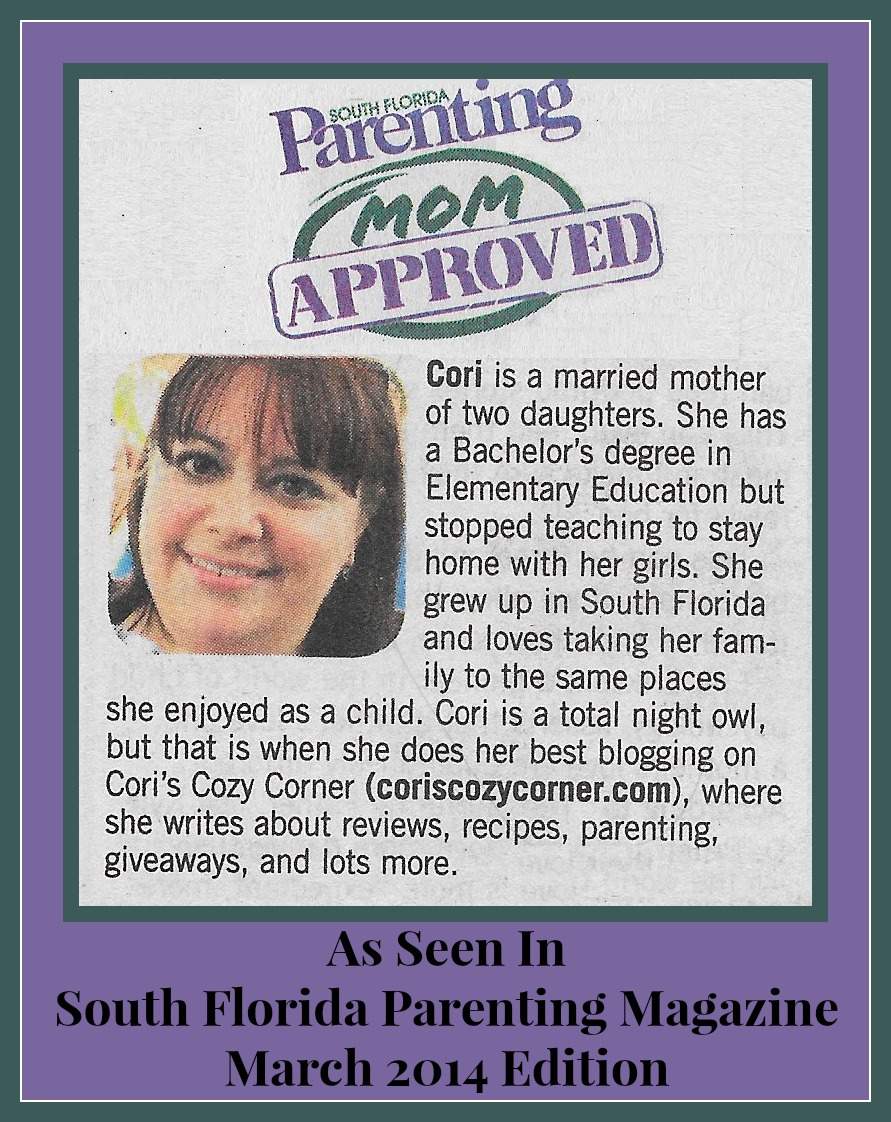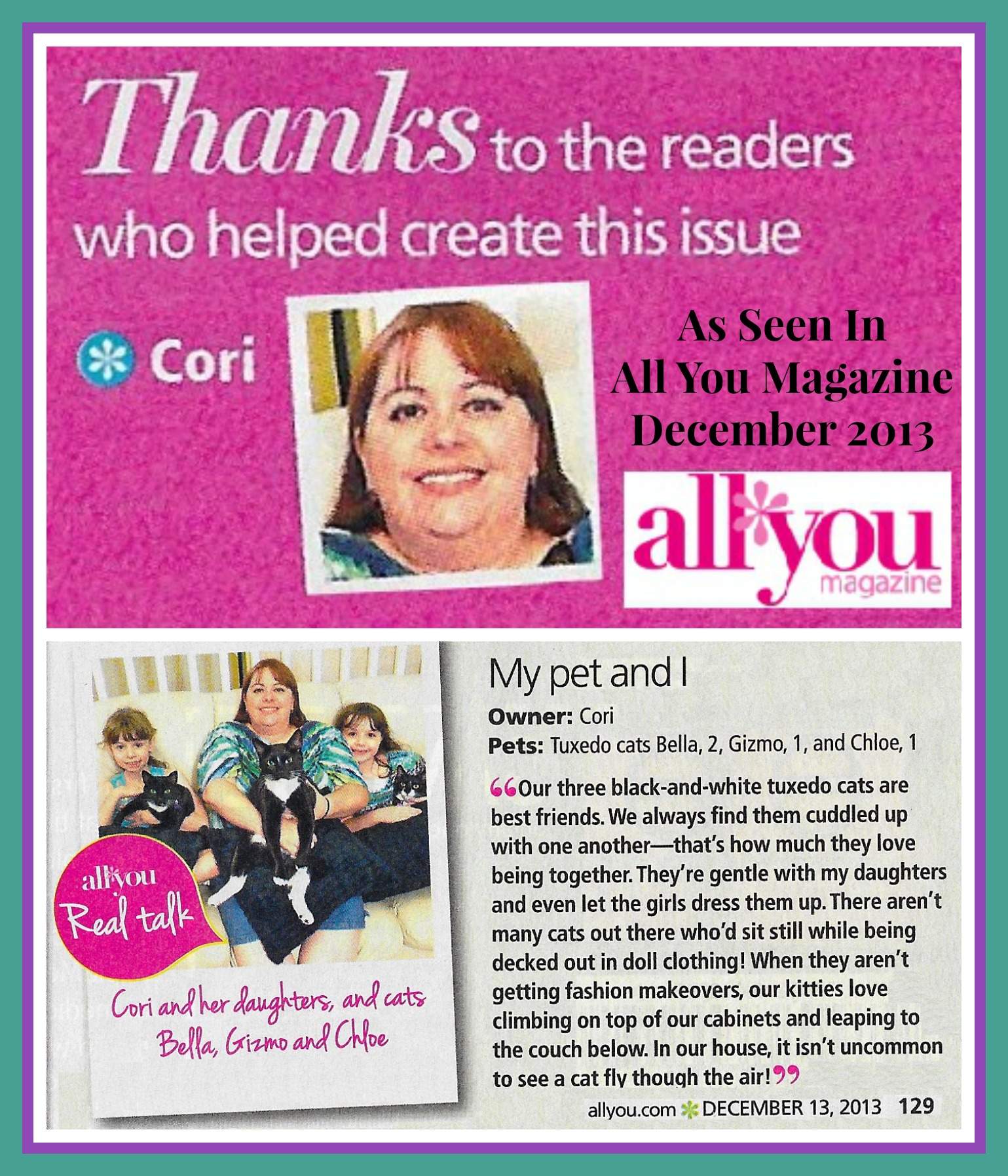
Babies bring great joy and excitement to families and most parents can’t wait to share their new baby with their loved ones. But exposing a new baby to family and friends can be dangerous for young babies, especially for babies who are born prematurely and may have immature immune systems and underdeveloped lungs.
One of the biggest threats to new babies is a common virus called respiratory syncytial virus, or RSV. This virus can live for several hours on surfaces such as countertops, toys, and doorknobs, so it is extremely easy to spread through touching, hugging, or kissing. I was surprised to find out that almost 100% of children contract RSV by their second birthday. I had always thought it was just a virus that premature babies could get. Then I found out that in most older children, RSV runs its course with mild symptoms similar to the cold or flu, and parents may not even know their child has the virus. I guess one of the times my girls had what I thought was a cold, could really have been RSV. But my family is lucky because my girls were not premature and did not have weakened immune systems. They probably had RSV and hardly had any symptoms. But in very young babies, and especially preemies, RSV can lead to a serious respiratory infection.
Because of the danger of RSV, parents of new babies, especially preemies, need to be especially careful about exposing their infants to visitors and the germs they my bring. But this can be especially difficult for family members and friends to understand. They are excited to meet the new bundle of joy and it can be hard to explain your concerns over the germs they may bring. On the bottom of this post I will share a sample letter from www.rsvprotection.com to help new parents share their concerns and wishes with friends and family. It is important to communicate your concerns to family and friends before they meet with your new baby.

As a guest of someone who has recently had a new baby, it is important to know how to act and prepare for the visit, too. Remember that babies are susceptible to germs, so always wash your hands and ask before touching a baby. If you have been sick recently, stay away until you are no longer ill.

It is probably a good idea to keep toddlers and school aged children away from the new baby for a while, too. Toddlers and school aged children carry germs that can easily be spread to the baby. Make sure to ask permission to bring your young children around the new baby before you do so.
Please be respectful if the new parents aren’t ready for visitors. Remember that their concerns are valid and don’t be offended. They are only trying to protect their baby. There are other ways to assist and show support to families with newborns (ie., laundry duty or bringing dinner), while still respecting the parents’ efforts to keep their baby safe from germs during these first few vulnerable months.

A few tips to remember when a loved one has a new baby (from www.rsvprotection.com):
- Call before you visit. New parents need time to set up a routine and bond. By giving them time to do so before you visit, you are respecting the new family.
- Postpone a visit if you feel that you may be getting sick, have recently been ill or exposed to illness.
- Remember that parents know best. If you feel they are being overprotective or overly cautious, just consider that only they know what’s best for the health of their new son or daughter.
- Offer to do something to ease their responsibilities as they spend time as a family, such as laundry, cooking or dishes. Sleep-deprived moms and dads will appreciate your help!
If you do schedule a visit with a new baby:
- Wash your hands frequently—upon entering the home and especially prior to holding the baby. Parents, and the new baby, will appreciate it.
- Leave toddlers at home, especially during the winter months. Young children, especially if they attend day care or preschool, often carry germs and viruses, like RSV, that are easily spread.
A few facts about RSV that all parents, caregivers and loved ones should know:
- Almost every baby will contract RSV by age 2, but only 1/3 of moms say they’ve heard of the virus.
- Serious RSV infection is the leading cause of infant hospitalization, responsible for more than 125,000 hospitalizations and up to 500 infant deaths each year.
- RSV occurs in epidemics each fall through spring. The CDC has defined “RSV season” as beginning in November and lasting through March for most parts of North America.
- There is no treatment for RSV, so it’s important for parents to take preventive steps to help protect their child (e.g., wash hands, toys, bedding frequently; avoid crowds and cigarette smoke).
- Certain babies are at an increased risk of developing serious RSV infection, so it’s important to speak with a pediatrician to determine if a baby may be at high risk for RSV, and discuss preventive measures.
- Symptoms of serious RSV infection include: persistent coughing or wheezing; rapid, difficult, or gasping breaths; blue color on the lips, mouth, or under the fingernails; high fever; extreme fatigue; and difficulty feeding. Parents should contact a medical professional immediately upon signs of these symptoms.
To learn more about RSV, visit www.rsvprotection.com.
An Open Letter to Loved Ones from (www.rsvprotection.com)
All newborns are vulnerable during the first few months of life, but certain babies—especially those born prematurely or with certain chronic conditions that make them especially susceptible to infection—need extra protection while their immune systems develop. As the parent of a high-risk infant, sometimes it’s hard to explain to friends and family why you take certain precautions. Parents of healthy, full-term babies may not understand and some may perceive your actions to be “extreme” or “paranoid.” But you know how important it is to prevent your baby from getting sick.
If you haven’t quite found the words to explain why you wish to take extra precautionary measures to keep your baby healthy, the below open letter may be a helpful tool in explaining your situation. Or, if you know of someone who recently had a high-risk baby and is having difficulty finding acceptance and understanding, share this with them and let them know they aren’t alone.
Dear [Loved One],
I know sometimes people think I go to extreme lengths to protect [Baby], and I understand my methods may seem strange. I wanted to send this note to you to give you insight on what life is like when you’re perceived as an “overprotective” parent.
[Baby] was born [prematurely or with X condition], which puts [him/her] at an increased risk of developing a serious infection from many common, seemingly harmless, germs and viruses. For example, respiratory syncytial virus (RSV) is an extremely common virus that all babies contract by their second birthday. Most infants have the immune system and lung strength to fight off the virus, but in high-risk babies, it can cause a very serious infection. In fact, serious RSV infection is the leading cause of infant hospitalization. Note: For more information on the dangers of RSV, you can check out www.RSVprotection.com.
Because [Baby] is so vulnerable to RSV and other illnesses, it’s important to us to avoid exposing [him/her] to these germs. Viruses like RSV are highly contagious and can live for hours on objects like countertops, doorknobs and toys. Frankly, the idea that visitors may unknowingly bring in these dangerous germs is very scary to a new parent!
So I’m asking that you please be patient with me and my precautions to keep [Baby] safe. Please contact me before dropping by for a visit, and know that while I hate turning you away or asking you not to come over, it’s always for a good reason and never personal.
And when we’re eventually ready for visitors, please remember that prevention is key to keeping [Baby] safe.
- Please refrain from visiting when you are sick or if you’ve been around someone ill.
- Please make sure your clothes are clean and you haven’t smoked or been around smokers recently. Smoke can be very dangerous for underdeveloped lungs.
- Let’s wait until [Baby] is strong enough to be introduced to your little one(s), You know I love seeing [him/her], but toddlers and school-aged children are very likely carriers of germs and viruses.
- Wash your hands immediately when you come into the house, or sanitize during your visit – this is one of the best ways to prevent the spread of germs. Wash, wash, wash!
I hope this helps to explain a bit better why I’ve been keeping [Baby] in and, often, visitors out. I appreciate your understanding and look forward to seeing [Baby] grow stronger and healthier everyday with your help!
Best,
[Mom]
I wrote this review while participating in a blog tour by Mom Central Consulting on behalf of MedImmune and received promotional item to thank me for taking the time to participate.






Speak Your Mind